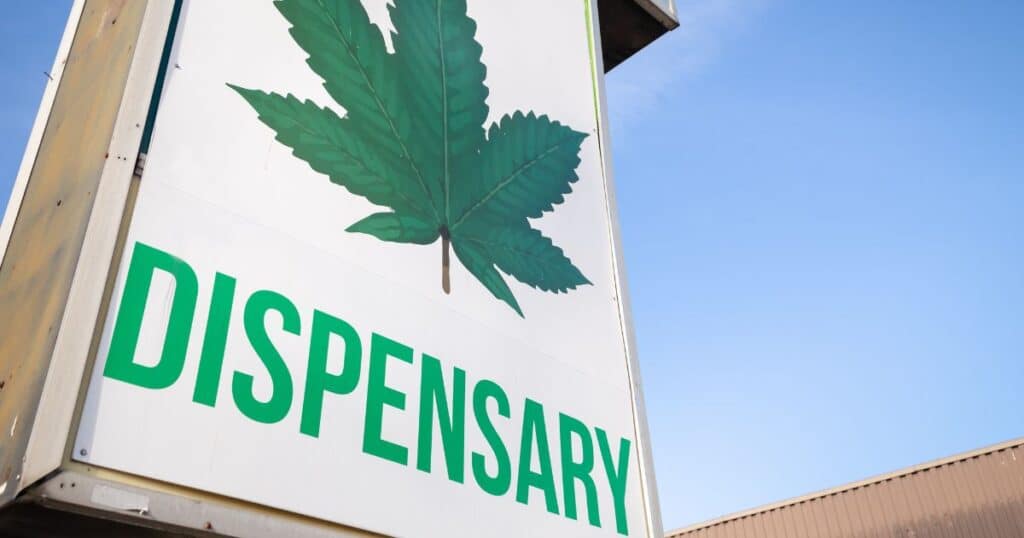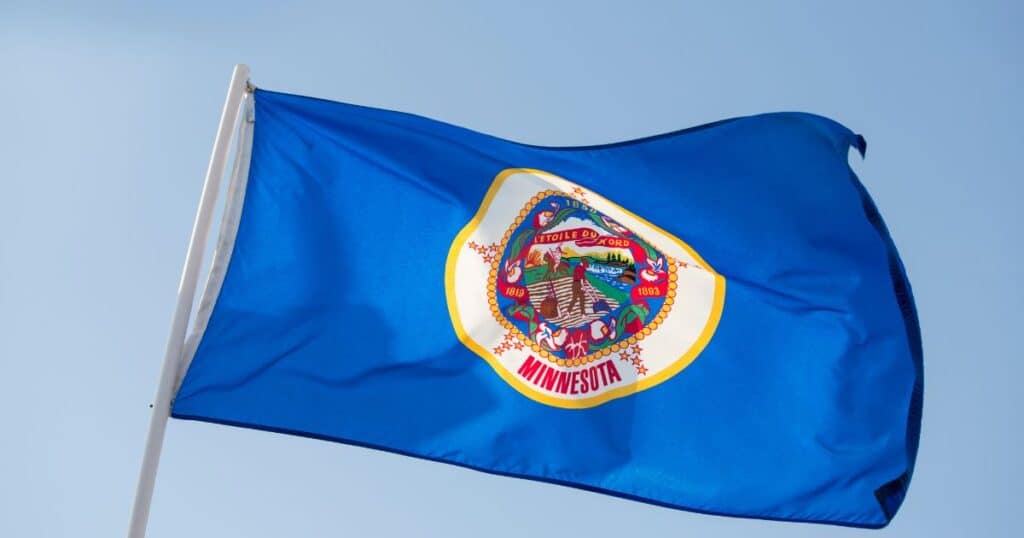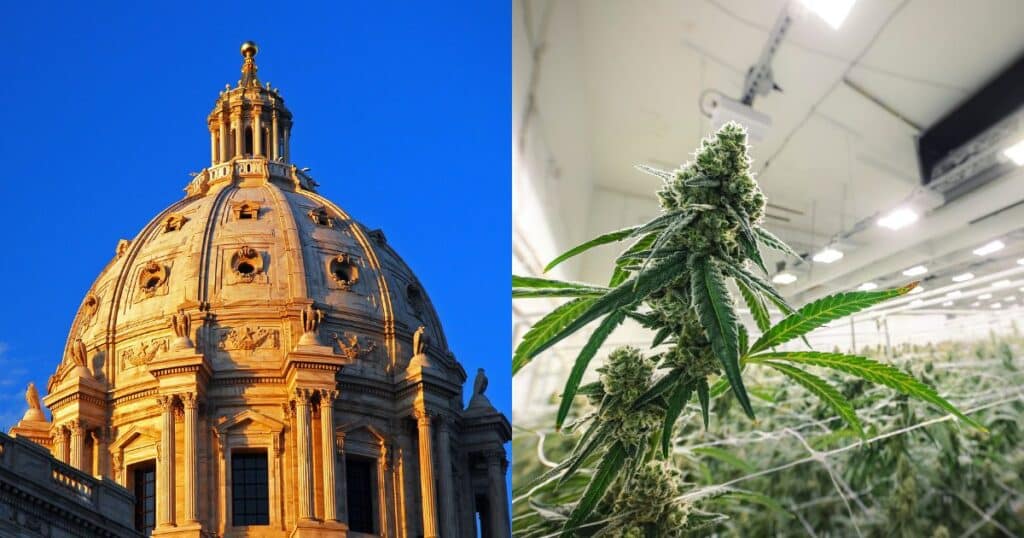Minnesota has taken a step forward in its cannabis legislation with the recent signing of HF 4757 by Governor Tim Walz. This bill allows for the early start of cannabis cultivation in 2024, well ahead of the planned launch of retail licenses in early 2025.
This forward-thinking approach aims to ensure a steady supply of cannabis products when the retail market goes live, preventing potential product shortages when transitioning to the recreational market, which will open up cannabis for every adult 21 and up in the state.

Importance of HF 4757
House File 4757 introduces several critical changes to Minnesota’s recreational marijuana law. The most notable among these is the provision that allows certain commercial cultivators to begin growing cannabis later this year.
This move is designed to prepare the state for its retail market launch, ensuring sufficient supply to meet demand from day one. By allowing cultivation to start early, Minnesota aims to avoid the product shortages that have plagued other states during their initial rollout phases.
Key Provisions of HF 4757
- Early Cultivation Start: Select commercial cultivators will be permitted to start growing cannabis this year.
- Vetted Lottery System: The bill transitions from a merit-based application system to a vetted lottery for distributing business licenses.
- Social Equity Focus: Establishes preapproval processes for social equity applicants, allowing them to start cultivation earlier.
- Local Zoning Compliance: Cultivators must obtain local zoning approval and comply with existing medical cannabis cultivation rules.
Social Equity and Inclusion
One of the standout features of HF 4757 is its strong focus on social equity. The bill sets forth new qualifications for social equity licenses, aiming to promote diversity and inclusion within the cannabis industry.
Social equity applicants include individuals or family members previously convicted of marijuana offenses, military veterans, residents of high-poverty areas, and emerging farmers who have managed small farms for at least three years.
Qualifications for Social Equity Licenses
- Marijuana Offense Convictions: Individuals or close family members previously convicted of marijuana offenses.
- Military Veterans: All military veterans qualify for social equity licenses.
- Emerging Farmers: Those who have provided the majority of labor and management for a small farm (with sales between $5,000 and $100,000 in the previous year) for at least three years.
- High-Poverty Area Residents: Residents of areas with high poverty rates or low median family incomes, as defined by specific criteria.
The bill also introduces a preapproval process for social equity applicants. Those who receive preapproval for microbusiness, mezzobusiness, or cultivator licenses and comply with local ordinances can start growing cannabis under existing medical cannabis rules. This head start again ensures that a robust supply of cannabis will be available when the market officially launches next year.
Licensing Process
Another significant change brought about by HF 4757 is the shift from a merit-based application system to a “qualified lottery” for distributing cannabis business licenses. This new system aims to make the licensing process more transparent and equitable.
Qualified Lottery System
- Minimum Qualifications: Applicants must meet certain criteria, such as securing property and developing operational plans, to enter the lottery.
- Random Selection: Licenses will be distributed randomly to qualified applicants, ensuring a fairer process.
- Preapproval Application Window: The Office of Cannabis Management (OCM) will begin accepting applications for a preapproval license lottery for social equity applicants by July 24, with the window closing on August 12.
To prevent market oversaturation, the bill sets caps on certain license types, including cultivator, manufacturer, retailer, and mezzobusiness licenses, until July 1, 2026.
However, there are no limits on other license types, such as microbusinesses, although the OCM may impose additional caps in the future.
Economic and Social Implications
The early launch of cannabis cultivation under HF 4757 has far-reaching economic and social implications. By jumpstarting the cultivation process, Minnesota is positioning itself to meet the anticipated demand, thereby avoiding the pitfalls of product shortages that have hampered other states.
Economic Benefits
- Job Creation: Early cultivation will create jobs in agriculture, logistics, and retail, boosting the local economy.
- Revenue Generation: The cannabis industry is expected to generate significant tax revenue, allowing the state to reinvest in community programs and infrastructure.
- Business Opportunities: The new legislation opens up numerous opportunities for entrepreneurs and small business owners, particularly those qualifying for social equity licenses.
Social Benefits
- Social Equity: By prioritizing social equity applicants, the bill promotes diversity and inclusion within the cannabis industry.
- Community Development: Increased tax revenue can be used to fund community development projects, benefiting high-poverty areas.
- Public Health: Allowing doctors to recommend cannabis for any condition they see fit expands access to medical cannabis, potentially improving public health outcomes.

Minnesota’s HF 4757 represents a common-sense approach to cannabis legislation, addressing potential pitfalls before the retail market opens. By allowing early cultivation, adopting a vetted lottery system for licenses, and emphasizing social equity, the state is setting a robust foundation for a thriving cannabis industry.
We believe this legislation will positively impact economic, social, and public health domains, marking a landmark move for Minnesota.
The proactive measures in HF 4757 ensure that Minnesota stays well-prepared for the future of its cannabis market.
With these steps, the state is not only paving the way for a successful market launch but also setting a precedent for other states to follow. The Minnesota cannabis industry is ready for growth, and HF 4757 could drive it forward.
















